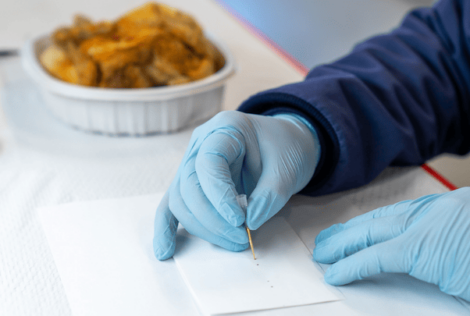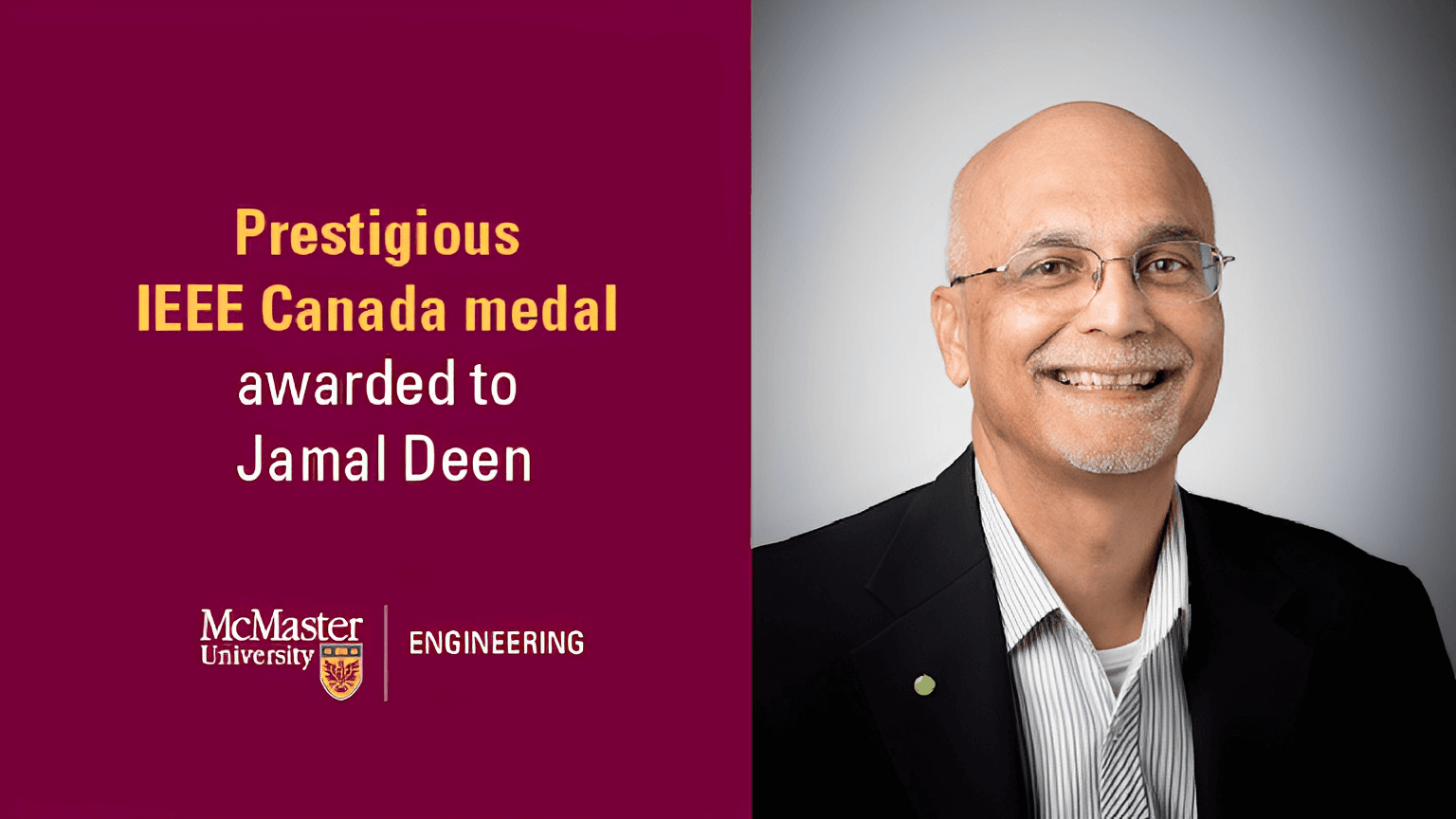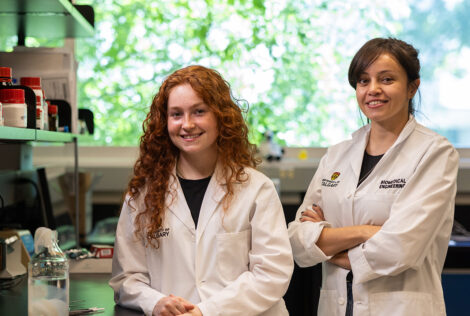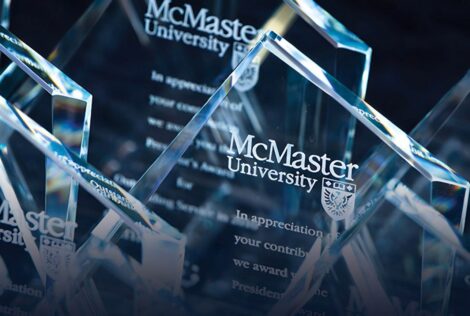

Jamal Deen, a Distinguished University Professor in the department of electrical and computer engineering and the McMaster School of Biomedical Engineering, is the recipient of the 2022 IEEE Canada Gotlieb Medal.
The medal was awarded for Deen’s “exceptional contributions to foundational technologies for cyber physical systems and data analytics.”
His work focuses on creating systems – including smart home sensors and wearable technologies – that connect the physical and computer worlds, with the aim of making people’s lives safer, healthier and easier.
Along with advancing fibre optic and wireless communication technologies, Deen has developed computer models and algorithms to compute the sensitivity performance of devices and integrated circuits that that have been incorporated into the most popular simulators used worldwide.
He has successfully transferred powerful computer models for the accurate analysis and design of high-performance integrated circuits to industries and research labs in Canada and internationally.
He has also done pioneering work on big data analytics for cyber physical systems.
“A major goal of cyber physical systems is to provide high quality, personalized and proactive services to people at the right time, in the right place and by the right means,” says Deen.
In this field, he has proposed a “cloud-fog-edge computing framework” to capitalize on the features and characteristics of each computing plane.
But despite the highly technical nature of his work, people remain the focus of his research.
His research vision is to engineer low-cost, environmentally friendly and socially aware solutions for some of the world’s most pressing problems. Those include smart sensor technologies that can indicate the quality of drinking water and food safety, monitor health symptoms and allow people to age safely in their homes.
They are also technologies with potential to significantly help millions of people in less developed countries, including the Caribbean region where Deen was born.
Today, Deen’s titles, accolades and memberships could easily fill several pages. He is the director of McMaster’s Micro- and Nano-Systems Laboratory. His research specialties are in the broad areas of electrical engineering and applied physics with a focus on researching pressing health and environmental problems.
He holds fellowships and memberships in some of the world’s most prestigious societies and academies and served as the elected President of the Academy of Science at the Royal Society of Canada from 2015 to 2017.
He has won numerous prestigious academic medals and was recently appointed to the Order of Canada.
But Deen is also determined to remember the good fortune that landed him in Canada and to make needed contributions to less developed countries.
I came from the Caribbean, from a very underprivileged setting. I’m one of the lucky ones who managed to get an exceptional education in the Caribbean and the opportunity to continue in North America. Since I was very little, I wanted to be a professor so I’m really very lucky that I can realize my dream.
In recent years, he’s focused on supporting and providing recognition and resources to help advance the careers of promising academics in developing countries.
“Very often, we forget where we came from, and the struggles that many persons go through to achieve their ambitions as a scholar and educator,” he says.
He is currently designing a mentorship program for new Black professors hired at McMaster, to help them succeed in the academic world.


